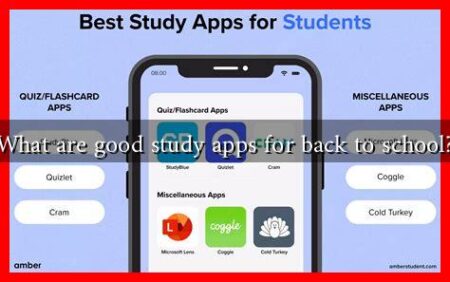-
Table of Contents
- How Can Parents Communicate Effectively with Teachers?
- The Importance of Communication
- Strategies for Effective Communication
- 1. Establish Regular Contact
- 2. Be Prepared for Meetings
- 3. Use Positive Language
- 4. Listen Actively
- Utilizing Technology for Communication
- Case Study: Successful Parent-Teacher Communication
- Conclusion
How Can Parents Communicate Effectively with Teachers?
Effective communication between parents and teachers is crucial for a child’s academic success and emotional well-being. When parents and teachers collaborate, they create a supportive environment that fosters learning and development. This article explores strategies for parents to communicate effectively with teachers, ensuring that they are active participants in their child’s education.
The Importance of Communication
Communication between parents and teachers serves several essential purposes:
- Enhances Student Learning: Open lines of communication help teachers understand a child’s unique needs, allowing for tailored educational approaches.
- Builds Trust: Regular communication fosters a trusting relationship, making it easier for parents and teachers to work together.
- Encourages Parental Involvement: When parents are informed about classroom activities and expectations, they are more likely to engage in their child’s education.
Strategies for Effective Communication
Here are some practical strategies that parents can use to communicate effectively with teachers:
1. Establish Regular Contact
Maintaining regular communication is key. Parents should not wait for parent-teacher conferences to reach out. Instead, consider the following:
- Send emails or messages to check in on academic progress.
- Request brief meetings after school to discuss any concerns.
- Utilize school communication platforms, such as ClassDojo or Google Classroom, to stay updated.
2. Be Prepared for Meetings
When attending meetings with teachers, preparation is essential. Parents should:
- Bring a list of questions or concerns to discuss.
- Review their child’s assignments and grades beforehand.
- Be ready to share insights about their child’s behavior and interests.
3. Use Positive Language
Effective communication is not just about sharing concerns; it also involves celebrating successes. Parents should:
- Express appreciation for the teacher’s efforts.
- Share positive feedback about the child’s progress.
- Use constructive language when discussing challenges.
4. Listen Actively
Communication is a two-way street. Parents should practice active listening by:
- Giving the teacher their full attention during conversations.
- Asking clarifying questions to ensure understanding.
- Taking notes to remember key points discussed.
Utilizing Technology for Communication
In today’s digital age, technology can enhance communication between parents and teachers. Here are some tools that can be beneficial:
- Email: A quick and efficient way to communicate concerns or updates.
- School Apps: Many schools use apps that allow parents to track assignments, grades, and announcements.
- Video Conferencing: Platforms like Zoom or Google Meet can facilitate face-to-face discussions, especially for parents who cannot attend in-person meetings.
Case Study: Successful Parent-Teacher Communication
A study conducted by the National Education Association found that schools with strong parent-teacher communication saw a 20% increase in student performance. For instance, at Lincoln Elementary School, a dedicated parent-teacher liaison was established. This role facilitated regular workshops and meetings, resulting in improved academic outcomes and higher parental satisfaction rates.
Conclusion
Effective communication between parents and teachers is vital for fostering a supportive educational environment. By establishing regular contact, being prepared for meetings, using positive language, and actively listening, parents can build strong relationships with teachers. Utilizing technology can further enhance these interactions, making it easier to stay informed and engaged. Ultimately, when parents and teachers work together, they create a powerful partnership that significantly benefits the child’s educational journey.
For more resources on effective parent-teacher communication, consider visiting the National Parent Teacher Association’s website at www.pta.org.



